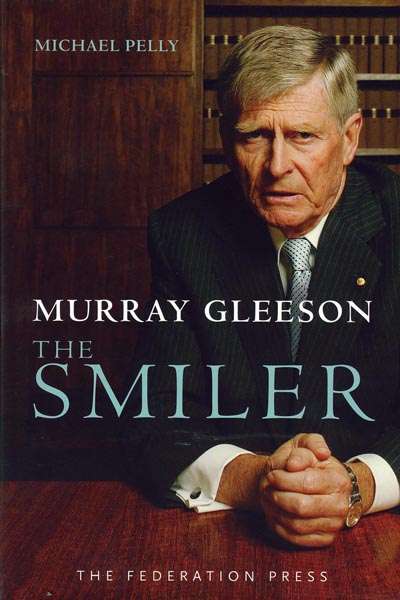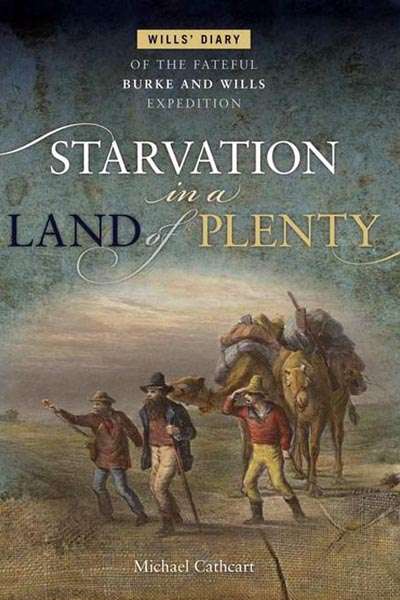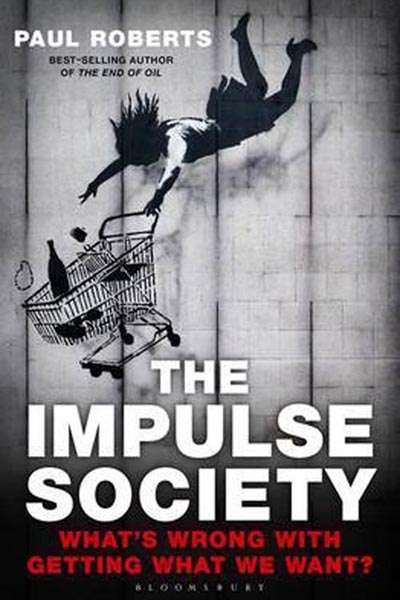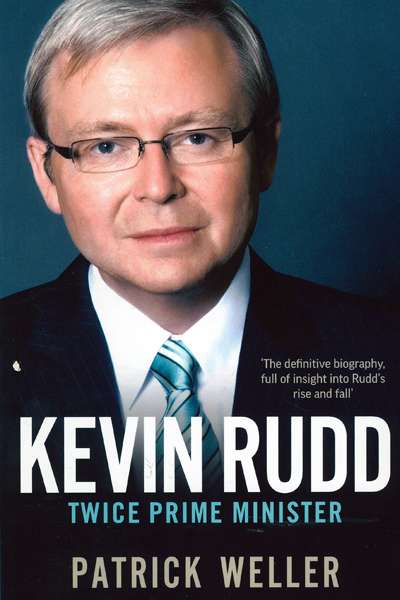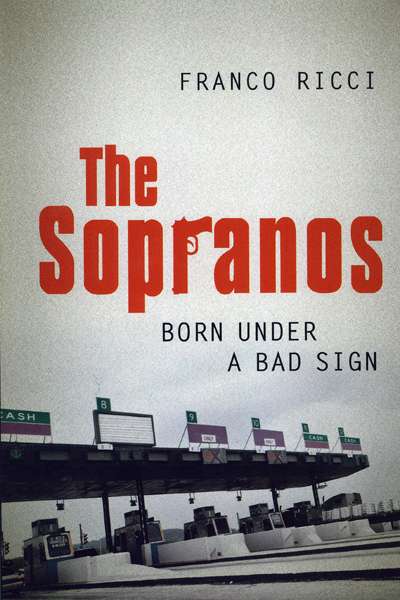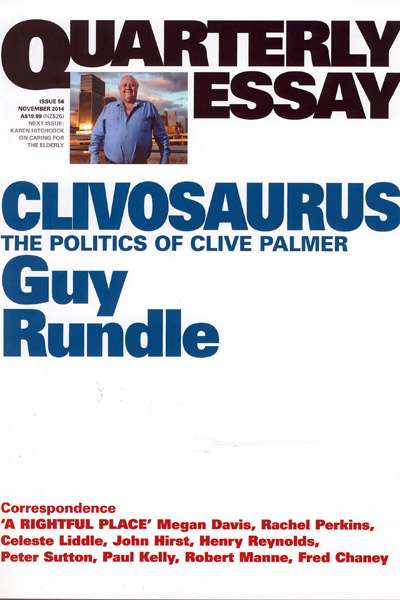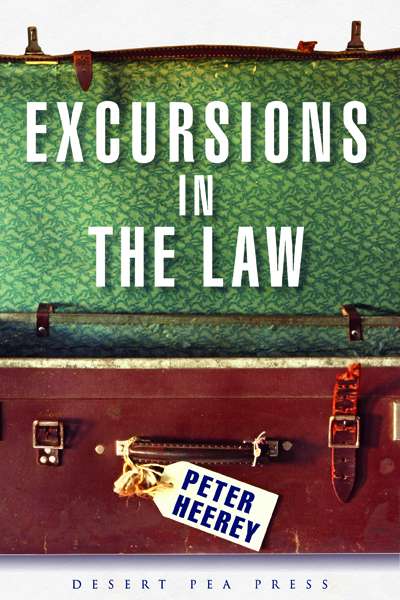Non Fiction
Although a few can pull it off, most judges have the good sense not to attempt an autobiography. Judges’ personalities are not usually of such outstanding interest, and their lives generally do not so engage with the world, as to generate the stuff from which autobiographies worth publishing are made. The reserve which the judicial experience inculcates, and the general inability to expose judicial life in prose that does not condemn the reader to death by suffocation, are additional inhibitors. Even those tragics who think that the judiciary occupies a place of mystical significance use the autobiographies of their colleagues as a cure for insomnia.
... (read more)Starvation in a Land of Plenty: Wills’ diary of the fateful Burke and Wills expedition by Michael Cathcart
The white explorers who first penetrated the interior of this continent were exceptional men. White Australians of the time considered them heroes, performing an essential role in identifying opportunities for exploitation, settlement, and commerce. Mostly, the explorers were heroic – determined, tough, single-minded, and stoic in the face of enormous hardship. They also needed bushcraft, that elusive ability to ‘read’ the landscape, the weather, vegetation communities, and animal behaviour, so as to improve the quality of the daily judgements needed for survival. Success under these conditions requires a clear vision and a strong, intelligent, and organised leader. John McDouall Stuart and Augustus Gregory come to mind as examples; Robert O’Hara Burke does not.
... (read more)The Impulse Society: What’s wrong with getting what we want? by Paul Roberts
Paul Roberts’s The Impulse Society is the latest entry in a now familiar subtype of polemic: that of the society in decline, the symptoms of which run the gamut of Western post-industrialist ills from childhood obesity to the meltdown of global economic markets, and the syndrome of which is, at root, advanced capitalism. The lineage can be traced back through, among many others, Chris Hedges’ Empire of Illusion: The End of Literacy and the Triumph of Spectacle (2009), Neil Postman’s Amusing Ourselves to Death (1985) and Guy Debord’s The Society of the Spectacle (1967).
... (read more)As a child growing up Catholic in the late 1960s, I wore a black lacy veil over my hair to church every Sunday. After losing my religion sometime in my mid-teens, I had forgotten about this veil wearing until I found myself arguing with far too many people about the ‘burqa ban’. The general vitriol, together with the presumptions many people hold about Muslim women in particular, and Islam more generally, make me wonder how veiling has generated such significance in everyday life, national policy, and foreign affairs.
... (read more)Kevin Rudd: Twice Prime Minister by Patrick Weller
In modern Australia, politics and public policy appear to reflect a narrow range of managerial, political, and economic opinions. Even the much publicised ‘listening tours’ conducted by politicians seem designed to show that they are sensitive to community concerns, but not so sensitive as to want to change policy direction. What makes current discussion of political issues so dispiriting is that over the last three decades, economic measurements and business ideas have come to dominate public life. Citizens are now treated by the public service and their masters as ‘consumers’, former public goods such as education are now narrowly viewed as a form of economic productivity, and community service providers, such as Australia Post, are written about in the media as mere businesses ripe for privatisation. Between 2007 and 2010, Prime Minister Kevin Rudd gave the impression that he might become the ‘circuit breaker’: a leader whose professed faith in the potential for government intervention and community consultation might lead to a more engaged and empowered citizenry, as well as a government more in tune with the needs of the electorate.
... (read more)Bert: The story of Australia’s favourite TV star by Graeme Blundell
In the world of Australian popular entertainment, few personalities are more prominent than Bert Newton. Since the 1950s he has been a presence on radio and television, as announcer, talk show host, compère, interviewer, and musical comedy star. Love him or loathe him, ‘Old Moonface’ has impressed as much for his ability to survive the ups and downs of showbiz politics as for his body of work. Whatever fate has thrown at him, he has risen, phoenix-like, from the ashes until the expiration of his Channel Nine contract earlier this year. Graeme Blundell’s biography attempts to reveal the man behind the flashing smile and famously quick wit. He draws on news reports, personal interviews with Newton’s colleagues and friends, as well as extracts from articles and television programs, to build a composite picture of a media celebrity.
... (read more)The Sopranos: Born under a bad sign by Franco Ricci
When we look back at the major cultural achievements of the early twenty-first century, The Sopranos (1999–2004) will surely prowl, thuggish, at the top of the list. Created by David Chase, the HBO drama tells the story of Tony Soprano, a New Jersey mob boss who tries to balance the violent demands of his professional life with a more quotidian existence as a father and husband in the suburbs. Tony’s treatment for panic attacks by the psychiatrist Dr Jennifer Melfi is central to the six seasons. Self-described as a ‘fat fuckin crook from New Jersey’, Tony Soprano is more than that: a multi-layered, deeply flawed, always fascinating creature of millennial capitalist America.
... (read more)The English and Australian Cookery Book by Edward Abbott & The English and Australian Cookery Book Companion: 1864–2014 Sesquicentenary Edition edited by Edward Abbott
Given the deluge of cookery books and unrelenting television programs, it is hard to imagine a time when there wasn’t a single Australian cookery book. This year marks the sesquicentenary of the first: The English and Australian Cookery Book, a volume published anonymously in London, and compiled by ‘An Australian Aristologist’, Edward Abbott. Abbott (1801–69) was born in Sydney and by 1818 was working in Hobart. He became a newspaper proprietor, establishing the Hobart Town Advertiser in 1839, and a member of the Tasmanian House of Assembly (1864–65) and the Legislative Council (1864–86). It was during his political career that he prepared and published this volume.
... (read more)Clivosaurus: The politics of Clive Palmer (Quarterly Essay 56) by Guy Rundle
Guy Rundle ends his engrossing account of Clive Palmer with a disclaimer: ‘Knowing Clive, he will contradict everything asserted in this essay in the two weeks between its going to press and hitting the bookstands.’ Since the publication of this essay, Palmer has not contradicted the assertions of the essay, but his party has been challenged. Senator Jacqui Lambie has resigned from the Palmer United Party. At the November Victorian election, preference deals led to the election of micro parties to the Upper House, without a Palmer United Party member.
... (read more)What’s on a judge’s mind? Litigants and advocates would love to know. Former judge Peter Heerey answers that question in his latest book, a compendium of writing over many years, covering a vast array of topics and in myriad forms.
... (read more)

